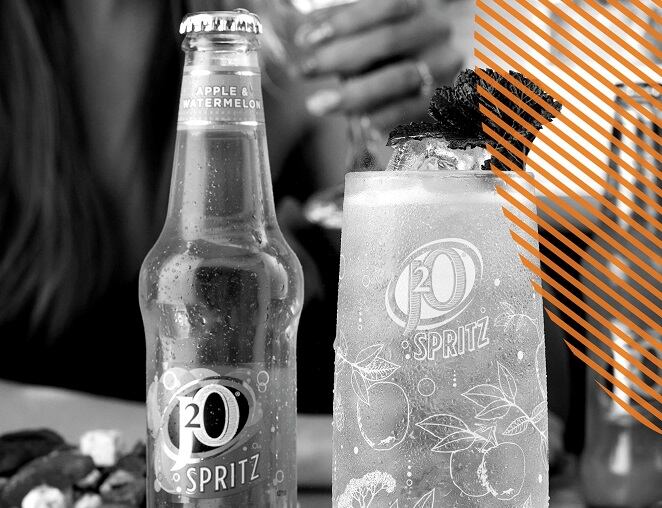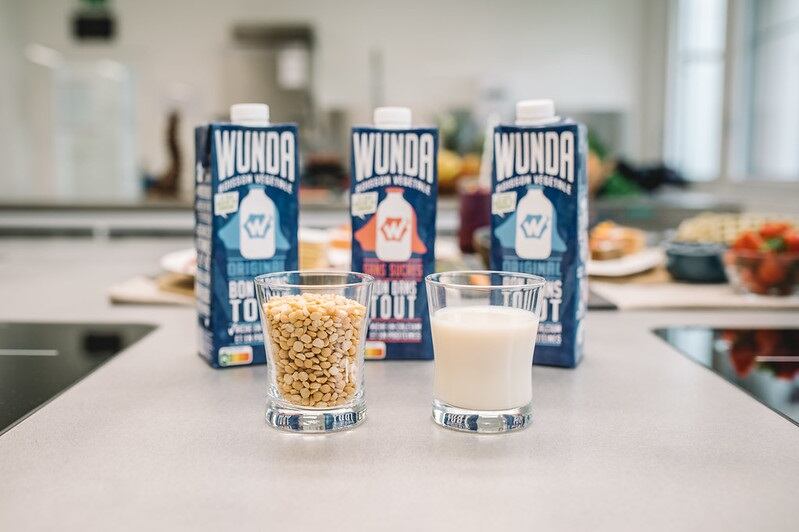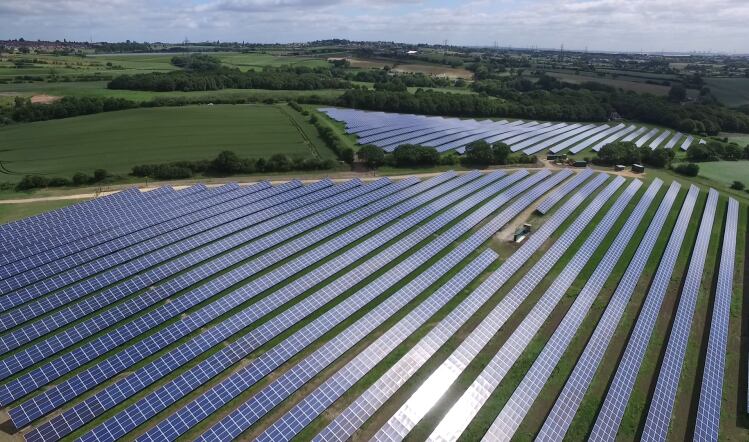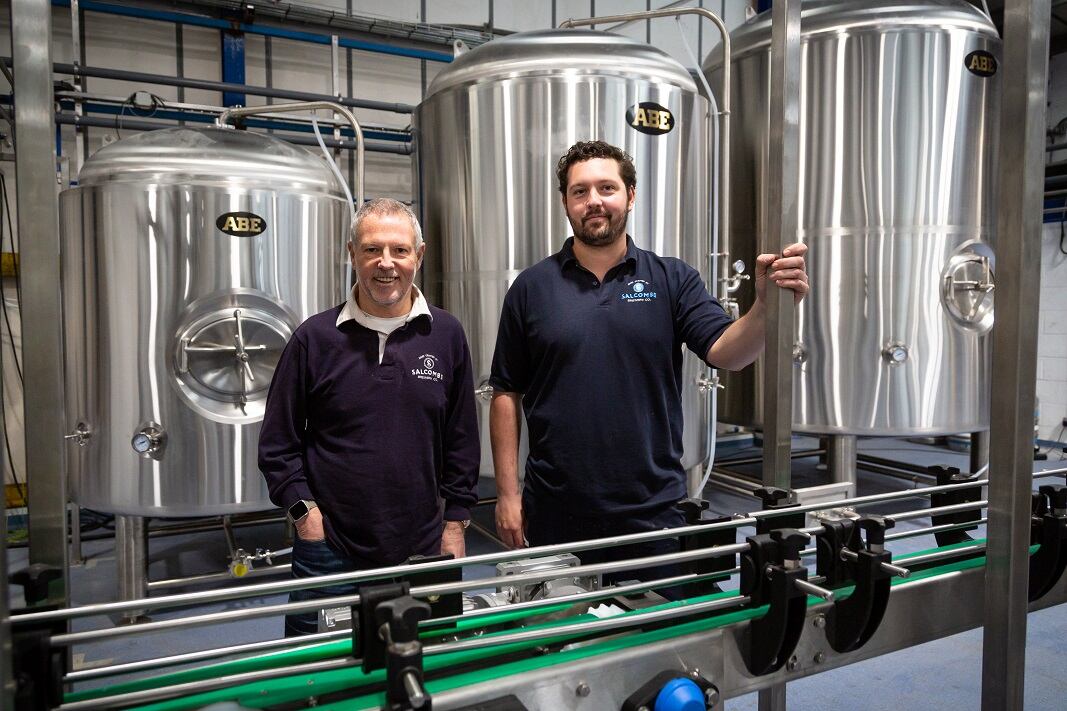That was the stark impact of the pandemic revealed in Britvic's latest Soft Drinks Review (SDR), published earlier this week. However, the report outlined several emerging opportunities for suppliers as lockdown restrictions begin to ease.
The licensed sector lost 449.3 million litres of soft drink sales over the past year, the equivalent of 180 Olympic swimming pools and approximately 80% more than the volume sales lost in foodservice. According to the SDR, in the year to 26 December 2020, soft drinks in the sector delivered just 39.5% of the value sales and 39.4% of the volume sales achieved in 2019.
A total of 9,930 sites closed across Britain last year, with casual dining suffering the largest loss at -9.7%, losing 648 sites in all. Sport and social clubs were also heavily impacted, with 1,439 sites disappearing, a 6.2% decline.
'Difficult and unfortunate blows'
“The licensed channel has been dealt a series of difficult and unfortunate blows over the course of the pandemic, with a total of 19 weeks of closure and lockdown tiers across the country," said Adam Russell, director of foodservice and licensed at Britvic.
It’s no surprise that the different on-trade channels all showed significant losses as a result, but when allowed to reopen, some operators captured more soft drinks sales than others, with local food-led pubs and community pubs leading the way. It was certainly reassuring to see that towards the end of the summer, footfall was showing steady improvement.”
Meanwhile, the SDR reported that the foodservice sector had lost 362.1 million litres of soft drinks sales over the past year, equating to 145 Olympic swimming pools. The foodservice sector fell 37.2% in value and 33.5% in volume in the year to 31 December 2020, versus 2019, the SDR claimed.
Foodservice and hospitality
Russell said: “While the foodservice and hospitality sector has experienced and overcome challenges before, the past year has been like no other. Due to restrictions and the ‘stay at home’ rule during the first lockdown, travel and leisure were the most impacted sub-channels, followed by workplaces, education and high streets as workers and students avoided commuting.
“Quick service restaurants (QSR) proved to be the most resilient foodservice channel for soft drinks, accounting for 44.4% of total foodservice value sales in 2020, versus 35.5% in 2019.
"Its buoyancy meant the trusted cola and flavoured carbonates brands thrived over this period as ideal pairings with food. As a result, Pepsi performed well with value (+3.1%) and volume (+3.8%) share increases, and Tango and 7UP grew +3.0% and +2.6% respectively - something we expect to continue.”
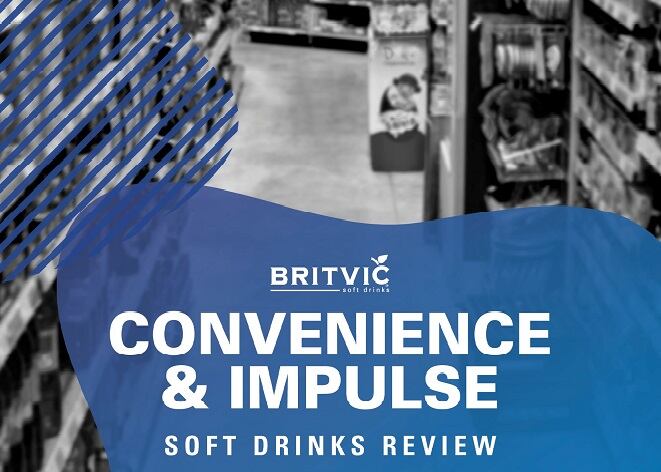
Convenience retail
Value and volume sales were also hit in the convenience retail channel, significantly influenced by the huge dent in the food-to-go market, where drinks are often bought alongside sandwiches and salads.
However, take home, larger format soft drinks were one of the channel’s outstanding performers, the SDR noted. Reaching a third of soft drinks sales and growing by 19% (+£117.9m), the performance cemented 2020 as a year of two halves for the category.
Despite the upheavals and knocks taken by the trade, the SDR identified big opportunities for the soft drinks category in the future.
Low- and no-alcohol opportunity
More than ten million, or one fifth of adults, now claimed to be teetotal according to the report, which urged licensed operators to make low- and no-alcohol options as visible as possible at the bar and on menus. Use of mixers would also surge as outlets rebooted after lockdown.
Russell said: “Based on the increase in UK adults looking for low and no alcohol alternatives, it is vital that licensed operators take note and put plans in place to cater for this demand.
"While a strong carbonates range from well-known brands is a good starting point, there is a bigger opportunity to go after in terms of wider soft drinks and the creation of mocktails – an alternative that attracts over eight million consumers each year.
Consumption of mixers on their own, rather than with spirits, is also growing and as guests seek new experiences, flavoured tonics have an important role, contributing to category growth and offering additional opportunities for solus consumption alongside mixed drinks.”
Top soft drinks trends in the coming year
- Licensed trade: low and no-alcohol (including mocktails and mixers)
- Foodservice and convenience: Health & wellness, including functional wellness
- Convenience retail: Energy, in-home refreshment and socialising, hydration
Health and wellness
In foodservice, health and wellness would continue to be a big trend, the SDR forecast. Sugar free soft drinks grew by 4.5% in value, while full sugar had lost 3.6% of its value, for example. In turn, the wellness drinks category was worth a huge £240.1m and offered opportunity for further growth.
Russell concluded: “Offering a broad portfolio of low and no sugar options, we are ideally placed to supply operators with big name brands such as Pepsi Max, Tango Sugar Free and 7UP Free.
"In addition, Purdey’s, the UK’s leading sparkling vitality brand, is perfectly placed to lead the wellness soft drinks category. Made with naturally sourced ingredients - real fruit juice, boosted by botanicals and energising B vitamins - it offers a no added sugar energy lift.
"Consumers who buy into wellness out of home have a higher spend per trip (+15%) compared to total single serve drinks out of home, so we encourage outlets to include the three-strong line up as part of their offering to take advantage of this growing opportunity.”
Britvic is adding two new products to the Purdey's range in addition to the existing grape and apple blend Rejuvenate: Refocus and Replenish Raspberry & Rose flavour and Refocus Dark Fruits flavour. Replenish is available in 330ml glass bottles, with a recommended retail price (RRP) of £1.59 and Refocus is available in 250ml cans (RRP: £1.29); 330ml glass bottles (RRP: £1.59) and four pack canned format (RRP: £3.49).
The company said Purdey's had added more than £3.5m to the soft drinks category in the past four years alone (Kantar Worldpanel, total take-home soft drinks, 52 w/e 27.12.20).
Convenience retail
The health and wellness trend presented the same opportunity in convenience retail, the SDR claimed, with functional wellness offering an £812 opportunity per store or £27m sales opportunity for the channel overall.
The pandemic had shone a light on health and wellness for many, with 64% of consumers prioritising health and seeking to integrate wellbeing into nearly all aspects of their lives, including food and drink, the SDR claimed.
Phil Sanders, out of home commercial director at Britvic, said: "The functional wellness market is currently worth an impressive £240.1m. What’s more, shoppers are willing to pay more than double the average price for premium soft drinks with added benefits than a soft drink or 34% more than the average single serve, which is already priced at a premium.
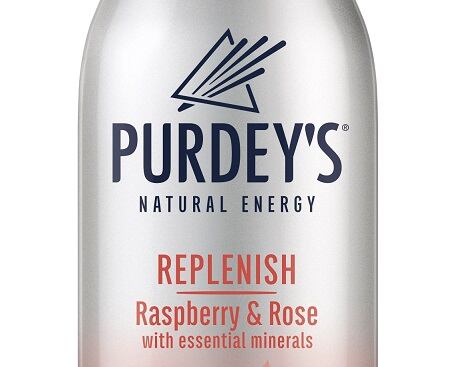
“It’s vital that retailers are adapting their ranges accordingly to take advantage of this shift in consumer demand. Purdey’s, the UK’s leading sparkling vitality brand, is perfectly placed to lead the wellness soft drinks category. Made with naturally sourced ingredients - real fruit juice, boosted by botanicals and energising B vitamins - it offers a 'no added sugar' energy lift, something we know shoppers are on the lookout for.”
Britvic's recently announced acquisition of plant-based drinks firm Plenish is aimed at addressing that market.
Three further convenience trends
Beyond this, the SDR identified three further trends in convenience. These were the desire for an ‘energy boost’, the appetite for ‘in-home refreshment and socialising’ and demand for ‘a new stance of hydration’ so consumers stayed hydrated.
Energy brand Rockstar, which was acquired by PepsiCo last year and is now distributed in the UK by Britvic is undergoing a relaunch this month. The product range has a new pack design, reformulated flavour and is available in multipacks to capitalise on the increasing demand for take-home formats.
The refresh aims to recruit new shoppers into the energy drinks market by making the brand more accessible to a wider audience through a bold and more premium design. The entire range will be available in 500ml format, with Rockstar Original also available in four-packs for the take-home markets.
Top five soft drinks segments
The top five soft drink segments remained cola, stimulants, fruit carbs, plain water and juice drinks – the former three added £80.3m growth alone – but stimulants was the star contributor by far, according to the SDR.
Sanders concluded: “As they adjusted to the ‘new normal’, consumers sought ‘pick me ups’ and stimulants, the leading soft drinks category in convenience, were well placed to benefit.
"As the channel’s biggest success story, stimulants grew in both take home and on the go, bucking the single serve trend and adding £57.2m in value. Outgrowing all other soft drinks combined, the segment attracted shoppers to buy more volume per trip at a higher price, performing especially well in symbols and forecourts.”

